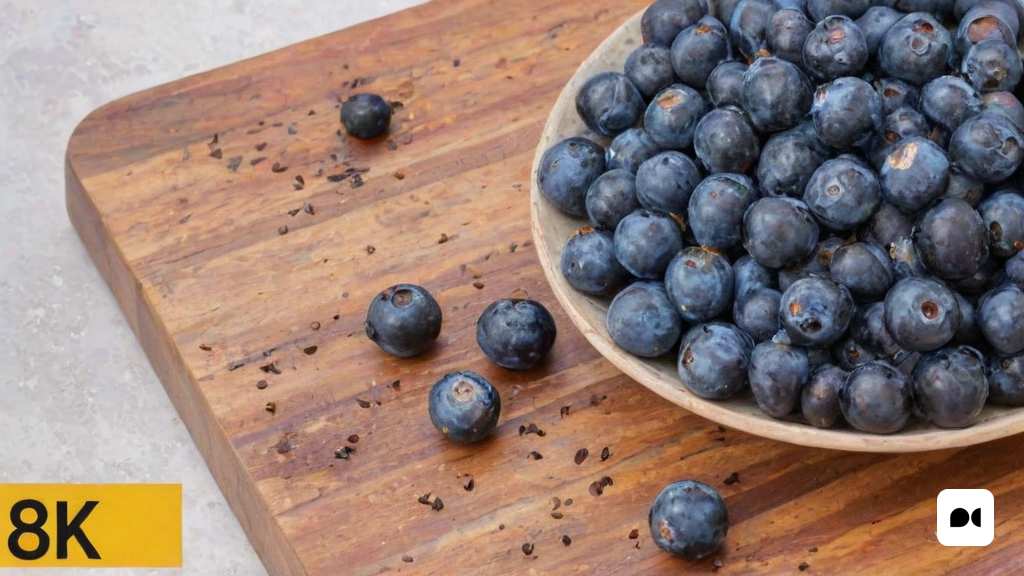Acne is a problem that many people in the world suffer from, both young and old. There are many factors that can cause or aggravate acne, such as genetics, hormonal changes, stress or environment. But did you know that what you eat can also greatly influence your skin and acne? In this article we tell you how some foods can help you prevent or improve acne, and how others can do you more harm than good.
Foods with a high glycemic index and acne
Foods with a high glycemic index (GI) are those that quickly raise blood sugar levels. These foods include white bread, white rice, and other refined carbohydrates. When you eat these foods, your body produces a lot of insulin, which can cause your skin to produce more sebum. This can create a favorable environment for acne. To avoid this, it is better to eat foods with a low glycemic index, such as whole grains, fruits and vegetables, which will give you energy without altering your skin.
Lactis i acne
Dairy products are products that come from milk, such as milk itself, cheese or yogurt. Some studies have found a relationship between dairy consumption and acne. Although it is not known exactly why, it is believed that the hormones contained in dairy products can affect your own hormone levels and stimulate the production of sebum. If you notice that your acne gets worse when you eat dairy, you may want to cut back on dairy or look for plant-based alternatives.
Fats and acne
Fats are an important part of your diet, but not all fats are created equal. Saturated and trans fats, found in processed foods, cakes and fried foods, can cause inflammation in your body and skin, and make acne worse. In contrast, unsaturated fats, such as omega-3s found in fish, nuts and seeds, can have anti-inflammatory effects and benefit your skin.
Anti-inflammatory and antioxidant foods
Anti-inflammatory and antioxidant foods are your best allies in fighting acne. These foods contain vitamins A, C, and E, as well as minerals like zinc, which can help reduce inflammation and improve the health of your skin. Some examples of these foods are raspberries, spinach, walnuts and blue fish. These foods will provide you with essential nutrients to nourish your skin from the inside.
conclusion
Diet and acne have a complex relationship that varies from person to person. However, evidence suggests that some dietary changes can prevent or alleviate acne. It is important to remember that a balanced diet, rich in fruits, vegetables, whole grains and unsaturated fats, not only improves the health of the skin, but also the overall health of the body. For those who suffer from acne, consulting a dermatologist and possibly a dietitian can provide personalized and effective strategies for managing this problem through lifestyle and dietary changes.

